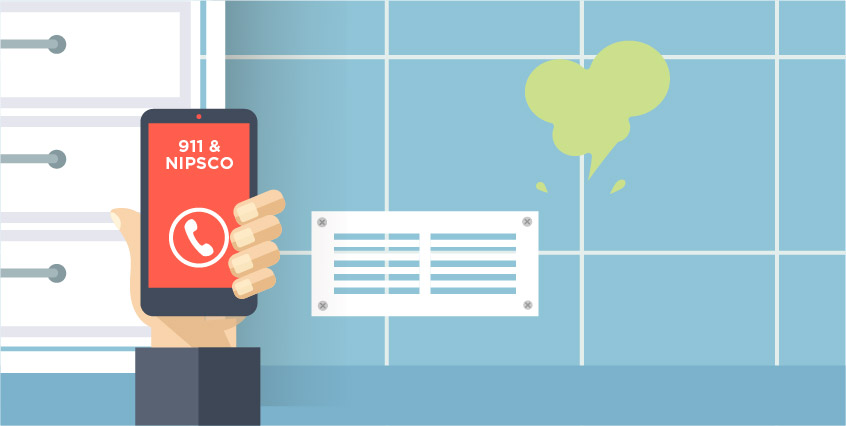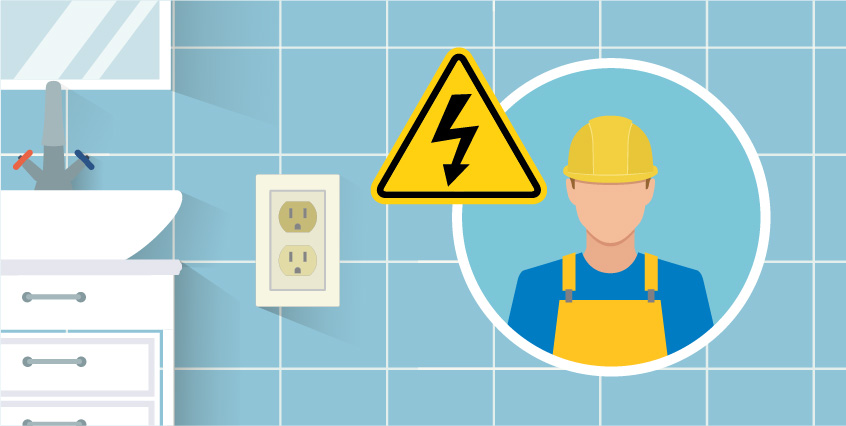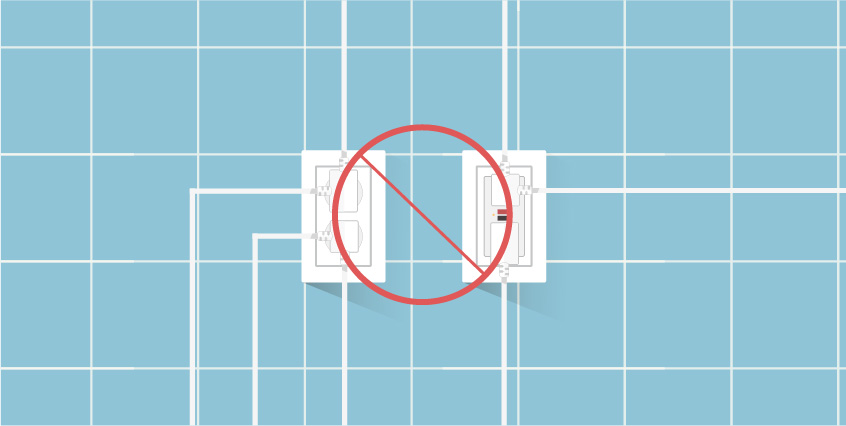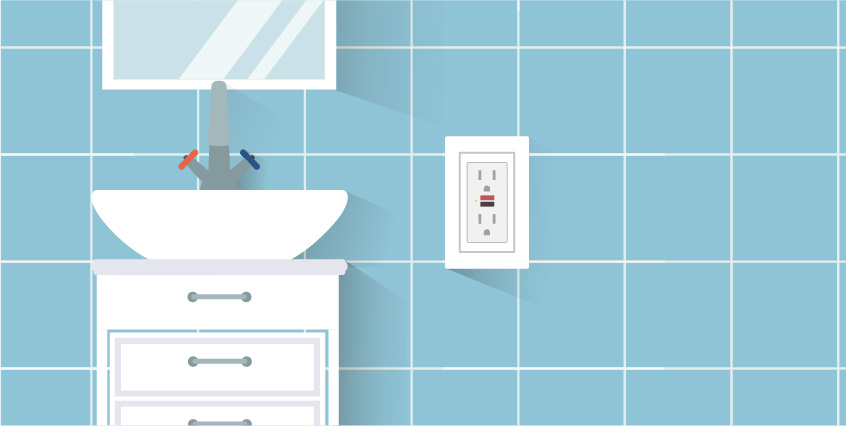Explore your home
Knowing your home is the first step to keeping it safe. Learn more about the safety risks in each area of your home – and how to reduce them.
Bathroom
We often take hot water for granted right until the moment we run out of it. Follow these few simple safety tips, so you can stay safe while you stay clean.


Installing, repairing or replacing appliances
If you need to install, repair or replace an appliance, hire a qualified professional to make sure the work is properly done. Never attempt this yourself!

Smell gas? Stop. Leave. Call.
If you smell a rotten egg or sulfur-like odor, you could have a gas leak. STOP what you're doing, LEAVE the area immediately and CALL 911 and us. We'll send someone to check on the source of the odor at no cost to you, whether there is a leak or not.

Clogged sewer line? Call 811
Call 811 and hire a professional plumber to clear sewer lines safely. Your clog could be caused by a rare situation called a cross bore and can pose a safety risk.

Check water heating settings
Check to make sure you are choosing a safe water heater temperature. Water heaters should be set to operate according to the manufacturer’s instructions to avoid scalding.

Check gas appliance venting
Have a qualified professional inspect natural gas appliances for proper venting. They can verify that things are in good condition and there are no clogs or blockages.

Bubbling toilet water
Be alert to any unusual conditions, including hissing sounds or bubbling water, which may indicate a natural gas leak. If you suspect a gas leak, stop what you’re doing, leave the area immediately and call 911 and us.

Don't flush wipes
Remember not to flush disposable wipes. Even those marked flushable can still lead to clogged sewer lines.

Hire a qualified professional
Call a qualified electrician or your landlord if you have:
- Warm or discolored wall outlets
- A burning smell from an appliance
- Flickering lights
- Frequent problems with circuit breakers or blowing fuses

Don't overload
Replace or repair damaged electrical cords to keep your home safe. Do not overload electrical cords or outlets. Have a qualified electrician add more outlets if you need them.

Put safety first
Use GFCI outlets to reduce the risk of potential shock. GFCIs should be installed in all areas where water source is present. Test GFCIs once a month or per the manufacturer’s recommendation.
